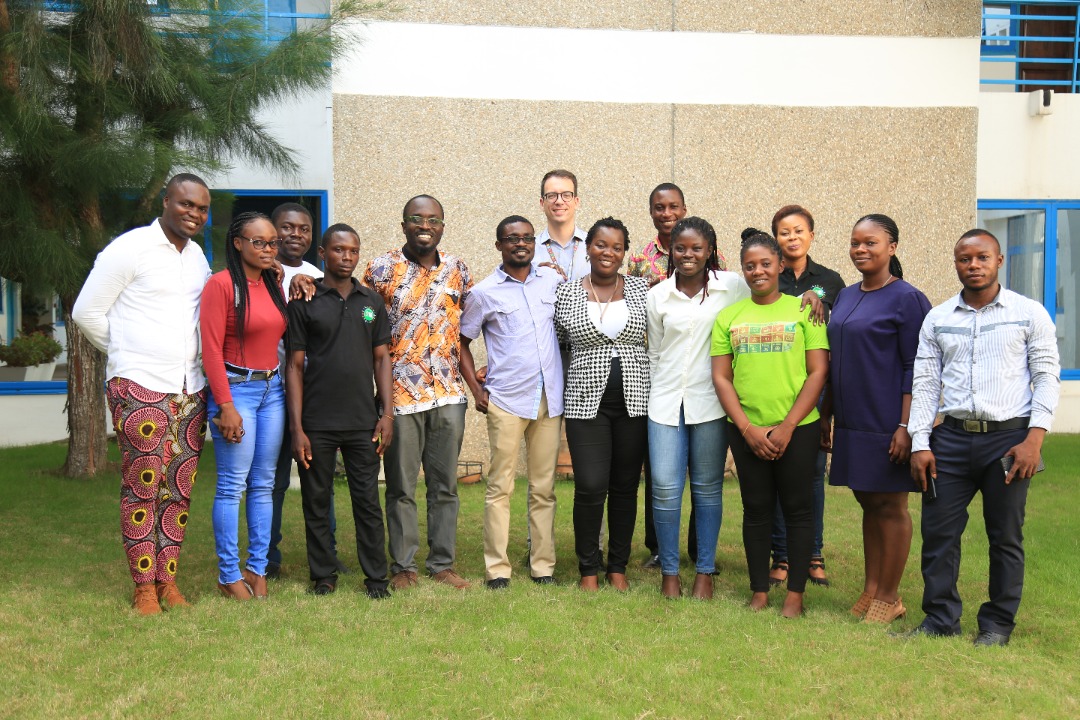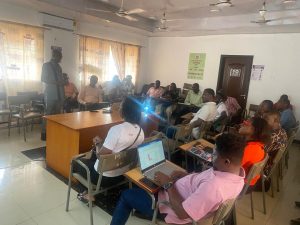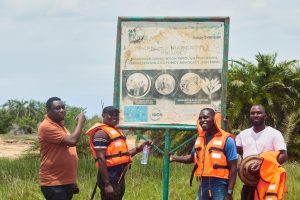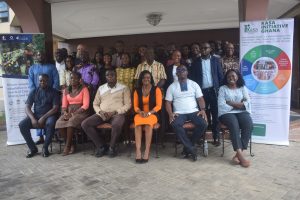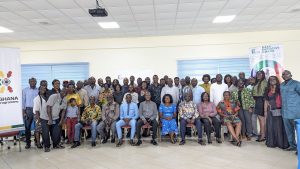The Youth in Natural Resource and Environmental Governance has called on President Nana Akufo-Addo to “exemplify leadership in the adherence of the ‘Leave No One Behind’ principle as the co chair of the eminent group of Sustainable Development Goals by prioritising and fast-tracking actions for active youth inclusion in the governance of the NRE sector”.
In a communique released by the group, they identified pertinent issues within the Natural Resource and Environmental sector that are of concern to the youth which calls for redress.
The group made demands under 6 thematic areas within the NRE sector, these are, Forestry, Mining, Oil and Gas, Water and Sanitation, Climate Change and Fisheries. The group noted that despite government interventions within the sector “ there still remain key challenges that need to be addressed such as incomplete governance structure, fragmented youth-oriented interventions and limited youth participation in decision making processes”.
Below is the full list of demands made by the group to government and relevant stakeholders.
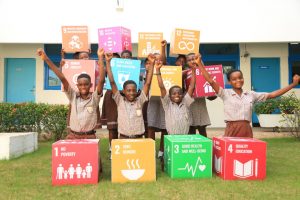 Forestry sector
Forestry sector
- While we applaud the Youth in Afforestation programme, we are however worried about the unpaid or delays in paying the youth promptly for their services.
- .
- Government should fast track the tree tenure benefit sharing reforms to serve as incentives for Youth in Agriculture programme to nurture and keep trees on their farms
Mining Sector
- Redirect the energies of young people engaged in illegal mining into a well regulated Community Mining project.
- Organise a community dialogue to engage the youth on appropriate ways of dealing with mining problems.
- Provide lucrative alternative source of livelihood for the youth affected by the galamsey crises where skills development should be community specific.
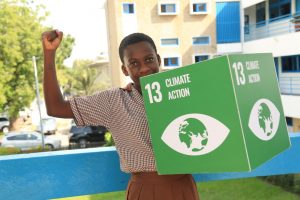 Climate Change
Climate Change
- Formalised youth inclusion in national climate programmes such as Ghana’s Nationally Determined Contributions (Gh-NDCs) and National Adaptation Plan (NAP).
- In line with climate finance, it is important to provide financial support to young entrepreneurs and youth groups with climate innovative ideas.
Water and Sanitation Sector
- Provide the enabling environment for young people to pursue recycling as a business venture.
- Build the capacity of young people to help protect and restore water-related ecosystems, including mountains, forests, wetlands, rivers, aquifers and lakes in line with SDG 6.
- Provide adequate sanitation and hygiene particularly in schools so as to cut down on the incidence of absenteeism among girls.
Fisheries sector
- Urgently work towards achievement of SDG 14 indicator 14.4: To contribute to by the end of 2020; effectively regulate harvesting, and end overfishing, illegal, unreported and unregulated (IUU) fishing and destructive fishing practices. This will sustain the livelihood of Young fishers
- Build the capacity of young people as relevant actors in sustainable management and protecting of marine and coastal ecosystems as well as reduction in marine pollution of all kinds.
Oil and Gas Sector
- Make provision for youth inclusion in the work of the Public Interest and Accountability Committee (PIAC) as interested parties in the management of the oil revenues.
- Review the Free Senior High School policy annually to ensure that quality is not sacrificed for the sheer numbers.
- Build the skills capacity of young people to enable their active participation in the oil and gas sector.
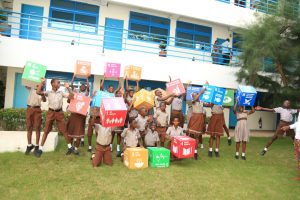 About Youth-NREG:
About Youth-NREG:
The Youth in Natural Resources and Environmental Governance (Youth-NREG) Platform provides space for learning and sharing among young people working on different environmental actions as well as create opportunity for joint advocacy. The ultimate aim is to promote youth inclusion in the governance of the Natural Resources and Environmental sector.
The Platform is convened by the Strategic Youth Network for Development (SYND).
Contact information:
Platform Lead: Chibeze Ezekiel
Mobile #: +233244967931
Email address: synd.ghana@hotmail.com
Communications Lead: Evelyn Addor
Mobile #: +233246474228
Email: evyaddor@gmail.com

